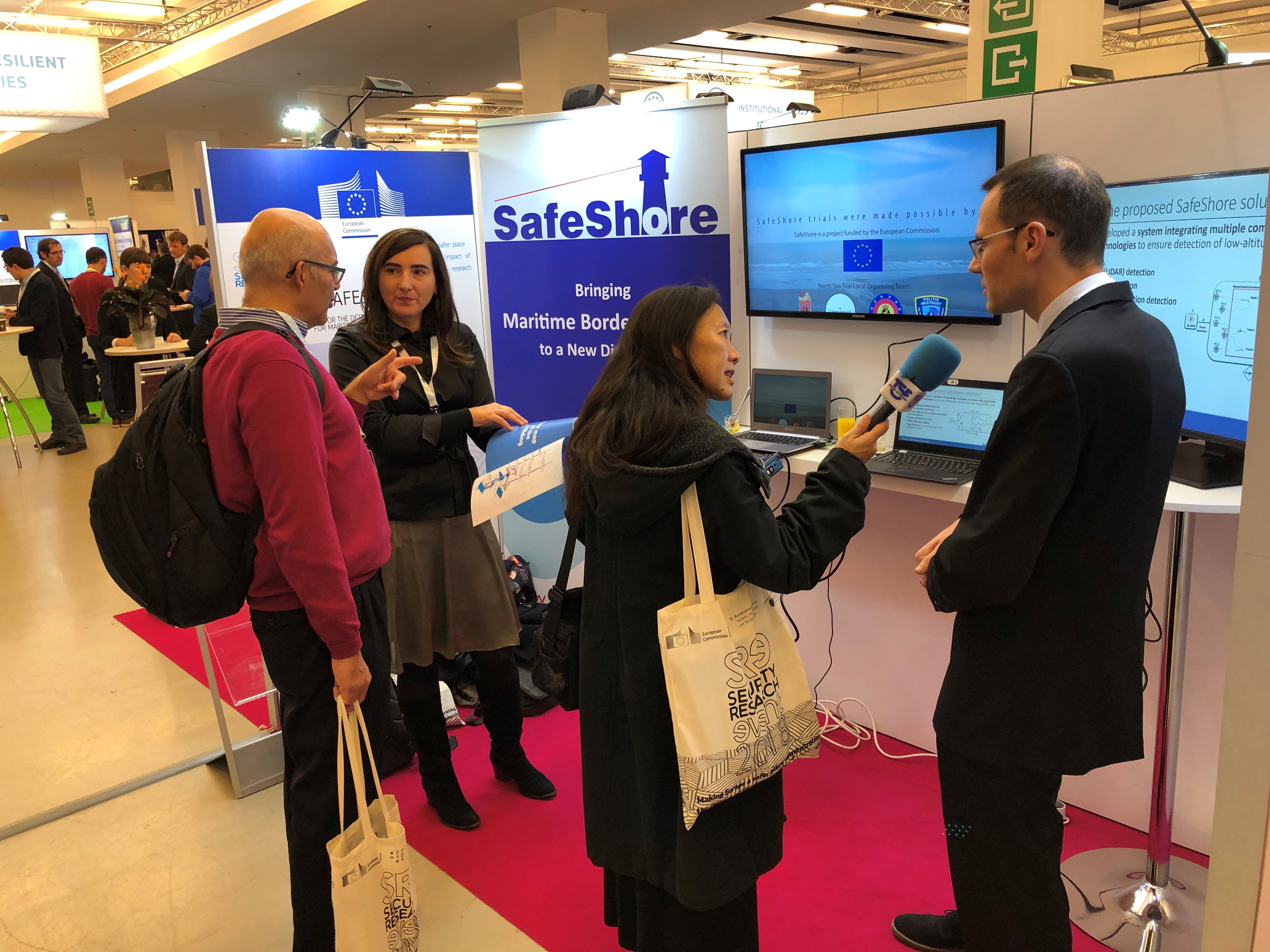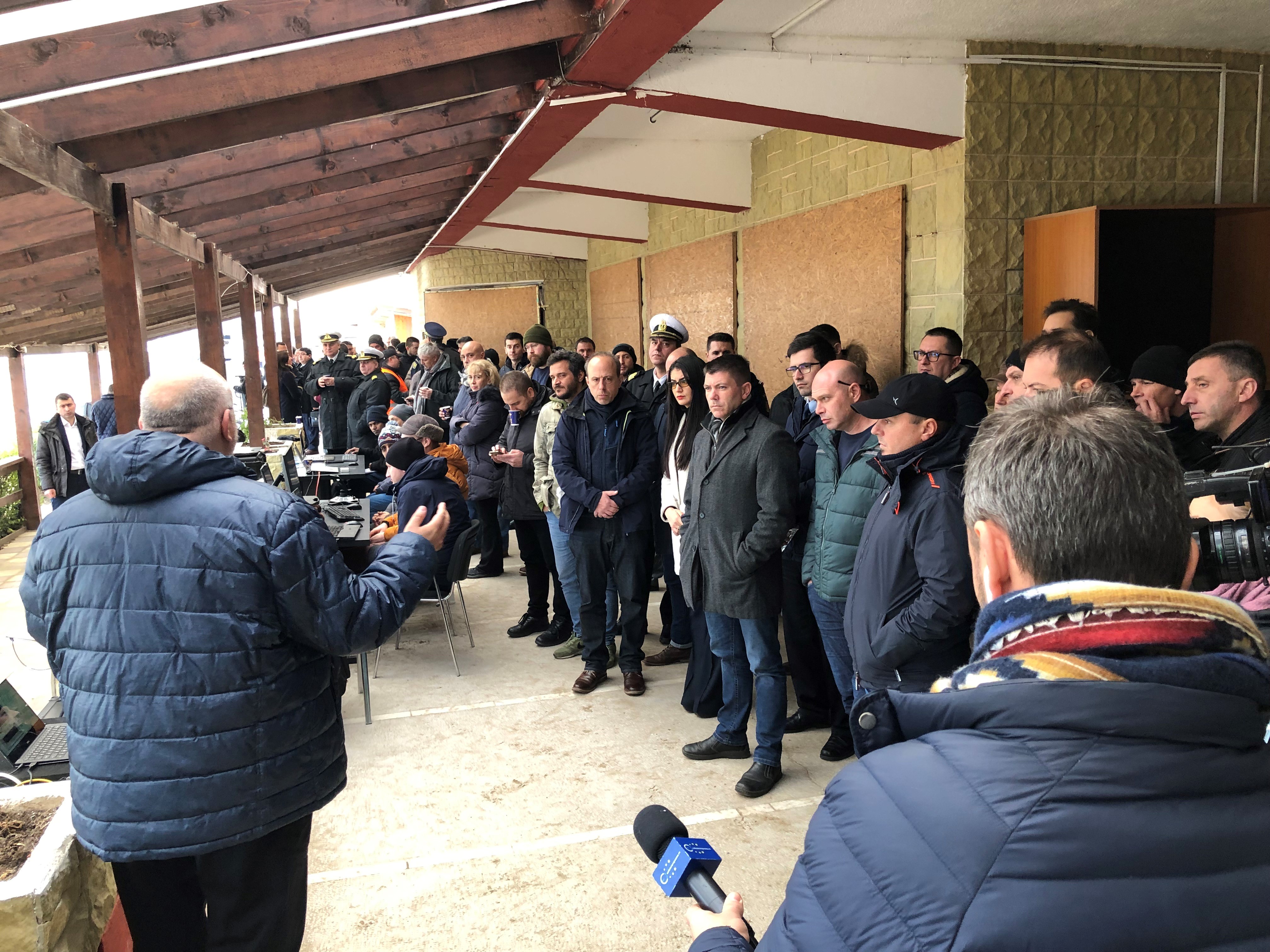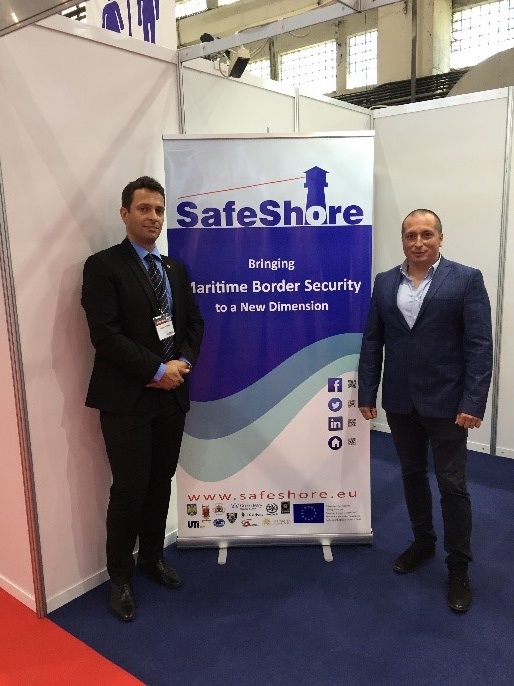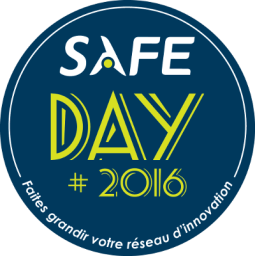
On 16th of September, SafeShore partners UTI and SPP, participated in the SAFE DAY 2016 event at Marseille, France. The event was organised by SAFE CLUSTER (http://www.safecluster.com/safe-day-2016-lapres/).
Attendees, among others, included Mr. Renaud MUSELIER, European Deputy, Delegate President of the Région Provence-Alpes-Côte d’Azur.
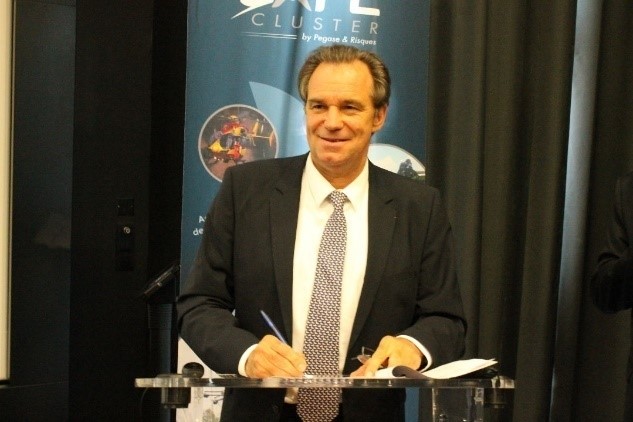
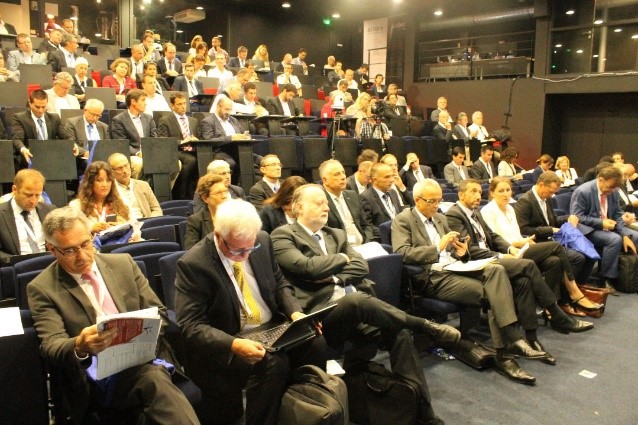
Source: (http://www.safecluster.com/galerie-safe-day/)
SAFE CLUSTER offers a UNIQUE opportunity to accelerate the activity of UAV developers at European level in terms of:
- Systems integration & qualification
- In-flight testing on specific environments:
- Long distance segregated corridors for medium / heavy UAVs
- Protected development zone for light / medium UAVs
- Maritime environment testing area
- Mountainous environment testing area
- Operator training (military / Police / civilian missions)
Today, thanks to innovative products, SAFE Cluster has a strong positioning into two historical sectors:
- Remotely Piloted Airborne Systems (RPAS) Sector (from Pegase Cluster)
- Ground robotics (from Risques Cluster)
Almost 80 companies are working on these sectors, including drones or robots manufacturers, payload and captors suppliers, and operators. They benefit from a platform network: Provence RPAS Network giving them the opportunity of:
- Developing and testing their solutions
- Defining jobs policies
- Accessing training
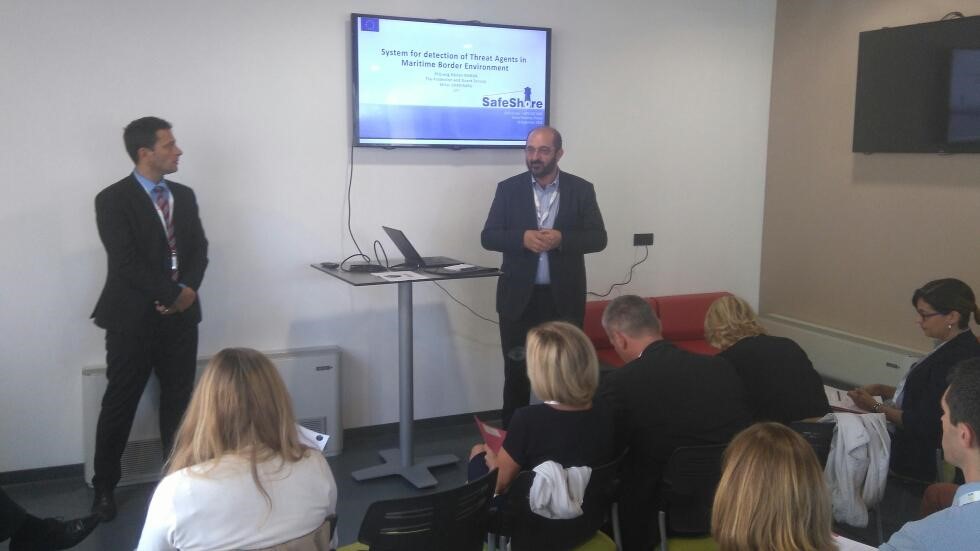
During this event, the scope and objectives of SafeShore project were presented by Mr. Gradinaru Mihai (UTI) and Mr. Razvan Roman (SPP). The role of end users in the establishment of requirements, testing and validation of RIA and the role of industrial partners in exploitation and future developments of the results were highlighted, in order to make sure that the SafeShore developments are completely in line with the scope of EU H2020 framework.
During the discussions with RAWFIE projectteam (http://www.rawfie.eu/), potential synergies were identified between SafeShore and RAWFIE, in respect to the methodologies/ methods, procedures and best practices on testing and evaluating of the RPAS technologies.
On the following day, SafeShore partners visited C.E.E.M.A – ,,Centre d’Etudes et d’Essais pour Modeles Autonomes’’ (www.ceema.fr) and presented the SafeShore project. Moreover, procedures, best practices and safety requirements regarding test activities which involve RPAS were discussed with the management of this entity. This documentation activity was very important for future SafeShore tests, in order to ensure that these tests will be completely in line with partners’ expectations and any safety requirements will be met.

